Introduction To Blood Pressure
Blood pressure (BP) is the pressure of circulating blood against the walls of blood vessels. Most of this pressure results from the heart pumping blood through the circulatory system. When used without qualification, the term “blood pressure” refers to the pressure in a brachial artery, where it is most commonly measured. Blood pressure is usually expressed in terms of the systolic pressure (maximum pressure during one heartbeat) over diastolic pressure (minimum pressure between two heartbeats) in the cardiac cycle.
Normal Range For Blood Pressure:-
A normal blood pressure reading for an adult is blood pressure that’s below 120/80 mm Hg and above 90/60 mm Hg. What’s considered elevated blood pressure? Blood pressure numbers above 120/80 mm Hg are a warning sign. It means you must pay attention to your blood pressure and focus on heart-healthy habits.
Reason For Rise In Blood Pressure
1. Underlying health conditions
While most cases of hypertension are primary (many-faceted), several underlying health conditions can contribute to or cause secondary hypertension. Treating these conditions can often reverse hypertension.
They include:
- elevated blood pressure
- overweight or obesity
- diabetes
- chronic kidney disease
- pregnancy
- certain heart irregularities
2. Lack of physical activity
Getting too little physical exercise can negatively impact you in many ways. It could aggravate mental health conditions like anxiety and depression and lead to being overweight.
Also Try: WAYS WITH VERMICELLI
Exercising can help you maintain a moderate weight or lose weight if necessary. That can positively affect your blood pressure and give you more energy and a sense of well-being.
The AHA suggests the following, based on guidelines trusted Source from the Department of Health and Human Services:
- Aim for at least 150 minutes per week of moderate-intensity aerobic activity or 75 minutes per week of vigorous aerobic exercise.
- Perform moderate to high-intensity muscle-strengthening resistance training at least 2 days per week.
- Spend less time sitting.
- Work up to more activity — at least 300 minutes (5 hours) per week.
- Gradually increase the amount and intensity of your exercise.
3. Alcohol
Heavy alcohol consumption can harm your overall health, including your cardiovascular health. It can contribute to or worsen hypertension. It can also increase your risk of diabetes and several cancers.
Also Try: DRAGON FRUIT DELIGHTS TO SAVOUR!
The AHA recommends limiting alcohol consumption to two drinks per day for males and one for females. A drink is:
- 12 ounces of beer
- 4 ounces of wine
- 1.5 ounces of 80-proof spirits
- 1 ounce of 100-proof spirits
But even moderate alcohol consumption has its drawbacks. A 2019 study of more than 17,000 people suggests that moderate consumption (7 to 13 drinks a week) can substantially raise your risk of hypertension. A 2020 study trusted source also found a link between moderate alcohol consumption and high blood pressure in people with type 2 diabetes.
4. Smoking
Smoking is the leading cause of preventable death in the United States. Smoking can contribute to many life-threatening conditions, including heart attack, stroke, lung disease, and several cancers.
That said, the relationship between hypertension and smoking isn’t yet clear. But smoking does lead to temporary spikes in blood pressure. It also contributes to atherosclerosis, the hardening of your arteries. Stiff arteries cause an increase in blood pressure.
If you smoke, the AHA recommends quitting as soon as you can. Smoking Cessation has numerous health benefits, some of them within 20 minutes.
5. Not enough sleep
According to the CDC Trusted Source, most people older than 18 years need at least 7 hours of sleep a night for optimum health. But many people don’t get enough. That can affect your health, especially if you have high blood pressure.
That’s because when you sleep normally, your blood pressure goes down. That gives your body a break. Having insomnia or other sleep problems, or regularly getting too little sleep, means your body doesn’t get as much of a break.
You can get enough rest by practicing good sleep hygiene. The CDC offers the following tips:
- Go to bed at the same time each night and get up at the same time each morning, including on the weekends.
- Get enough natural light, especially earlier in the day.
- Get enough physical activity during the day. Try not to exercise within a few hours of bedtime.
- Avoid artificial light, especially within a few hours of bedtime. Use a blue light filter on your computer or smartphone.
- Don’t eat or drink within a few hours of bedtime; avoid alcohol and foods high in fat or sugar.
- Keep your bedroom cool, dark, and quiet.
Reason For Fall In Blood Pressure:-
Conditions that can cause low blood pressure
Medical conditions that can cause low blood pressure include:
- Pregnancy. Changes during pregnancy cause blood vessels to expand rapidly. The changes may cause blood pressure to drop. Low blood pressure is common in the first 24 weeks of pregnancy. Blood pressure usually returns to pre-pregnancy levels after giving birth.
- Heart and heart valve conditions. A heart attack, heart failure, heart valve disease and an extremely low heart rate (bradycardia) can cause low blood pressure.
- Hormone-related diseases (endocrine disorders). Conditions affecting the parathyroid or adrenal glands, such as Addison’s disease, may cause blood pressure to drop. Low blood sugar (hypoglycemia) and, sometimes, diabetes also may lower blood pressure.
- Dehydration. When the body doesn’t have enough water, the amount of blood in the body (blood volume) decreases. This can cause blood pressure to drop. Fever, vomiting, severe diarrhoea, overuse of diuretics and strenuous exercise can lead to dehydration.
- Blood loss. Losing a lot of blood, such as from an injury or internal bleeding, also reduces blood volume, leading to a severe drop in blood pressure.
- Severe infection (septicemia). When an infection in the body enters the bloodstream, it can lead to a life-threatening drop in blood pressure called septic shock.
- Severe allergic reaction (anaphylaxis). Symptoms of a severe allergic reaction include a sudden and dramatic drop in blood pressure.
- Lack of nutrients in the diet. Low levels of vitamin B-12, folate and iron can keep the body from producing enough red blood cells (anaemia), which can lead to low blood pressure.
How To Maintain The Balance On The Levels Of Blood Pressure?
- Exercise. One reason exercise is so effective at controlling blood pressure is because it stimulates your body to release a substance called nitric acid. Nitric acid causes blood vessels to open up, which reduces blood pressure. Exercise also helps to strengthen your heart muscle, reduce stress, and aid weight loss.
- Lose excess weight. There’s no getting around the fact that blood pressure goes up as the pounds pile on. Being overweight increases your risk for heart disease and diabetes, too. Losing even 10 pounds can start to make your blood pressure go back down.
- Eat healthily. Eating the right type of diet can lower your risk for high blood pressure or help you return to normal blood pressure. Clinical studies show that a diet high in fruits, vegetables, low-fat dairy, whole grains, poultry, fish, and nuts really works. You also need to avoid fats, red meat, and excess sugar.
- Shake the salt habit. Your body only needs about 500 milligrams of salt a day, but if you are like the average American you may be consuming up to 9,000 mg a day. Studies show that high salt leads to high blood pressure. Current recommendations are to limit salt intake to 2,400 mg per day, the equivalent of about one teaspoon.
- Put the brakes on smoking and drinking. These are two other bad habits to avoid if you want to keep a normal blood pressure. Alcohol raises blood pressure and adds empty calories. A safe amount of alcohol is only one drink a day for women and two for men. Smoking is not safe in any amount. Nicotine causes blood vessels to constrict and that raises blood pressure. Quitting will also lower your risk of cancer and heart disease.
The only way to know if you have high blood pressure or normal blood pressure is to have a blood pressure reading done by a trained healthcare provider. The American Heart Association recommends a blood pressure reading at least once every two years. If you have had a recent blood pressure reading and you have normal blood pressure, don’t take it for granted. Remember hypertension is a common and sometimes silent killer. Push yourself away from the computer, turn off the television, get active, eat your fruits and vegetables, and kick any bad habits.
5 Recipes to go for to keep blood pressure in normal ranges:-
Recipe – 1] JOWAR ROTI
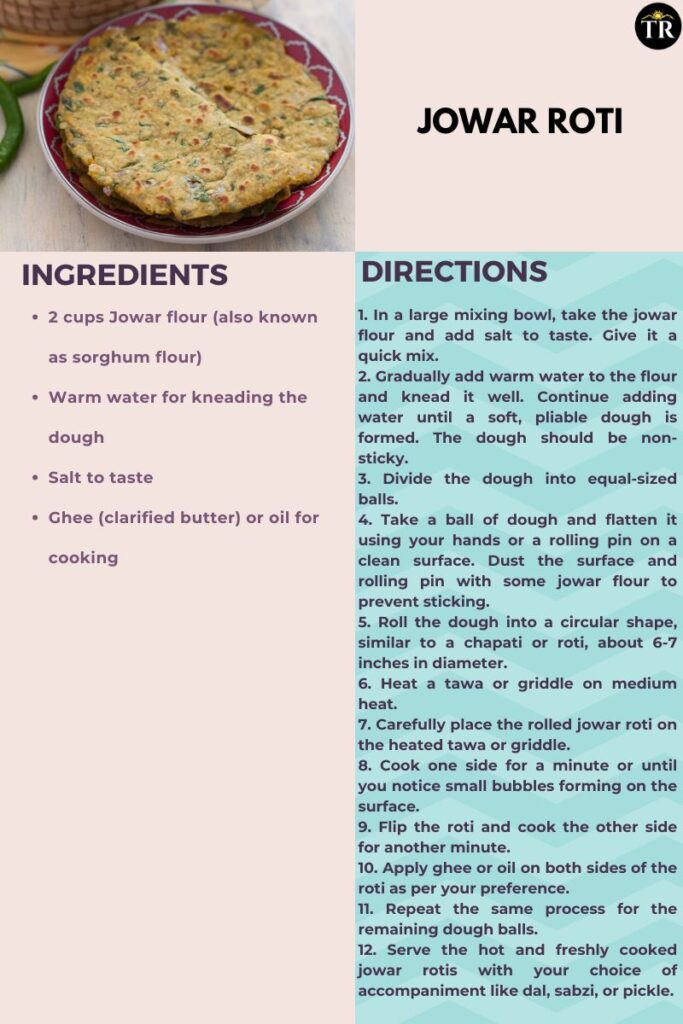
Recipe – 2] CUCUMBER RAITA
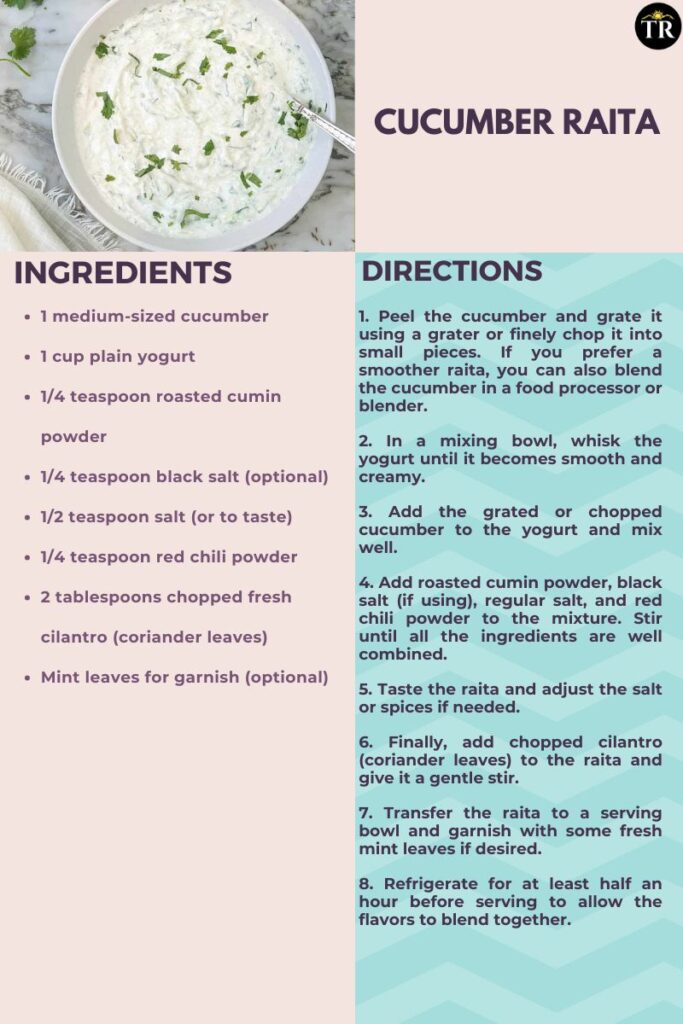
Recipe – 3] DAHI BHINDI
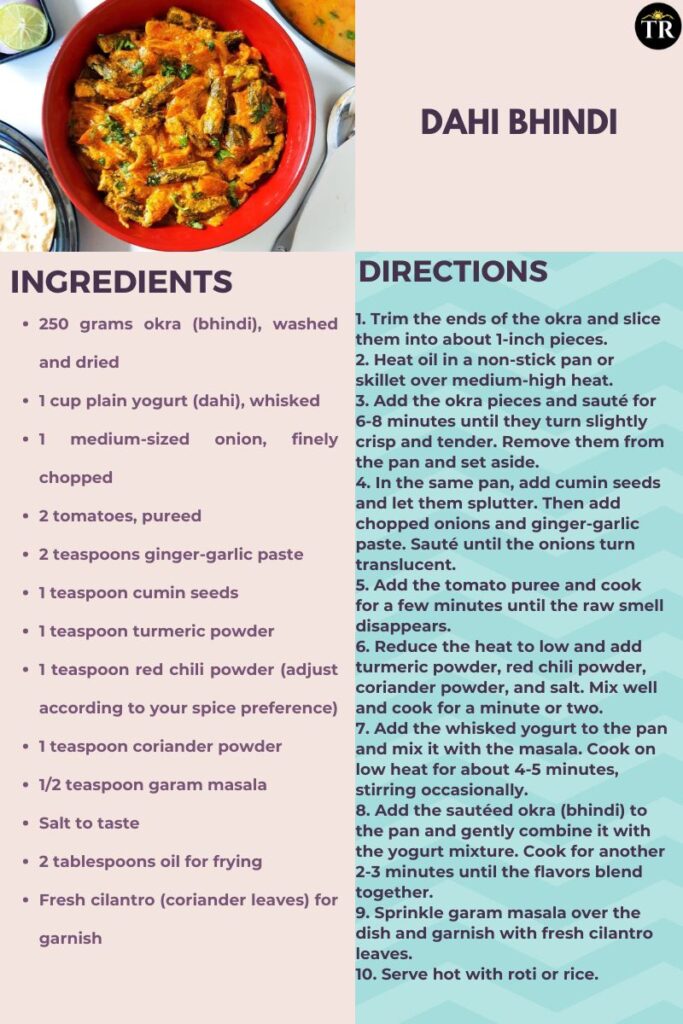
Recipe – 4] MOONG DAL CHILLA
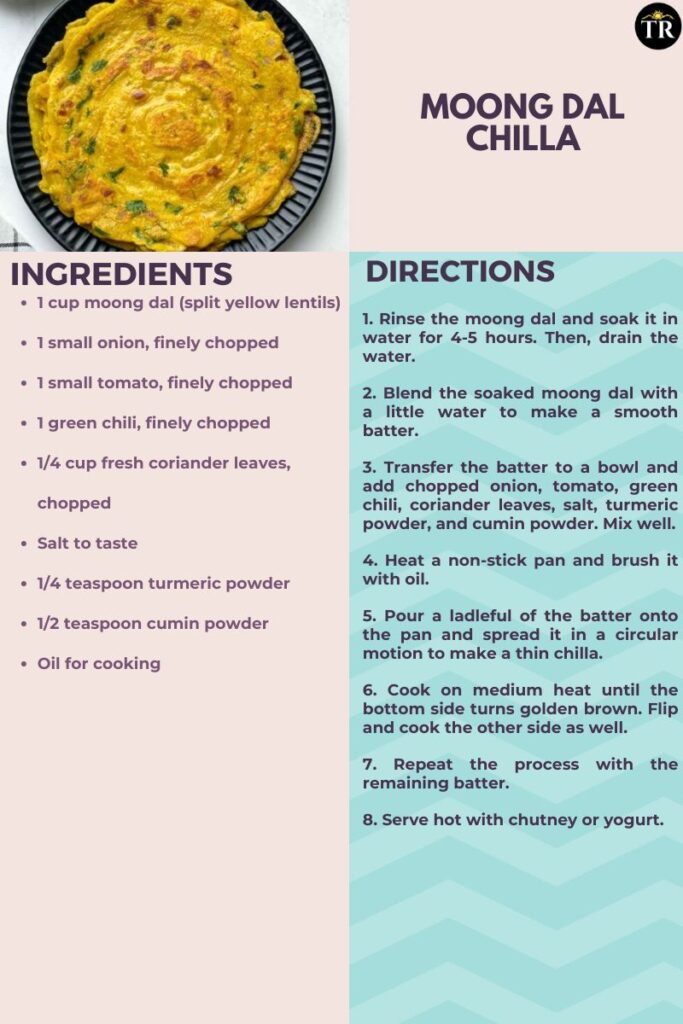
Recipe – 5] RAJMA SALAD
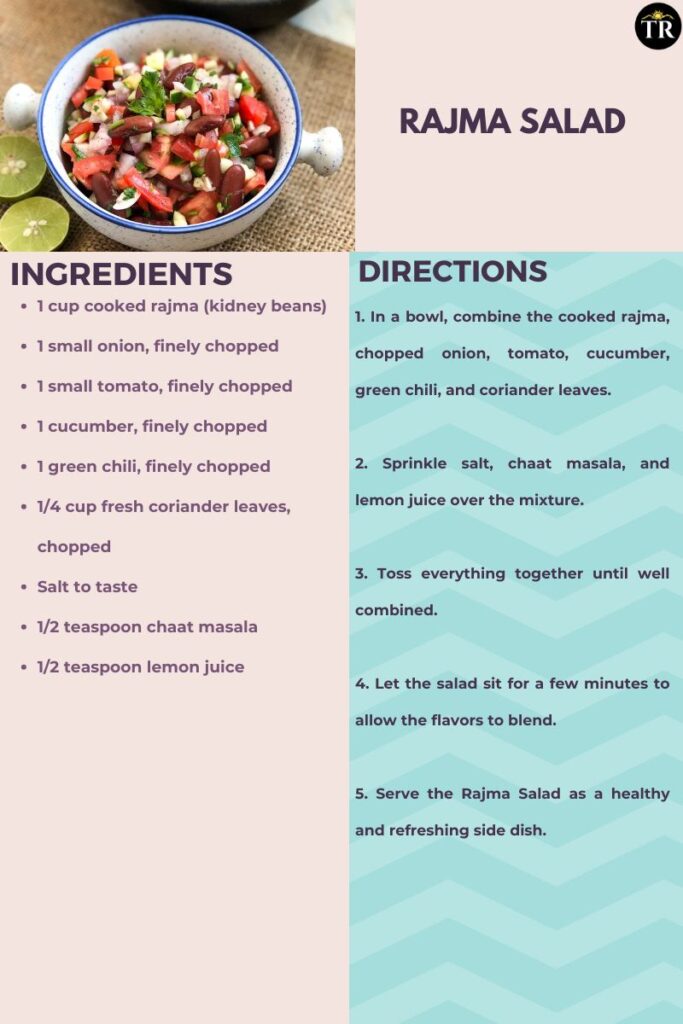
Disclaimer: The views expressed in this article are of the author solely. TheRise.co.in neither endorses nor is responsible for them. Reproducing this content without permission is prohibited.
About the author
Dr. Kaviraj Khialani, celebrity master chef is a Mumbai based food and hospitality consultant. He is specialised in over 33 plus international cuisines & is a two times national award winner for his excellence in his field of expertise. Chef Kaviraj has worked with some of the reputed hotel chains & airline companies in India & Overseas. He is a renowned academician, food designer & author- writer on food and culinary features, besides having been featured on Colors Television & Star plus he loves trying global fusion cooking promoting Indian food on an international platter for the diaspora.

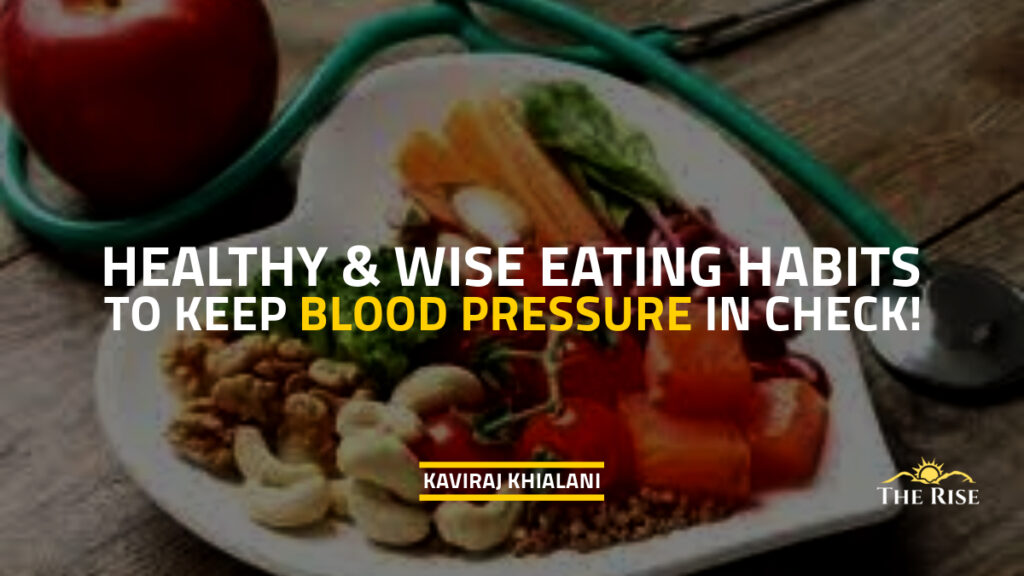


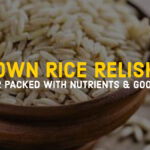






























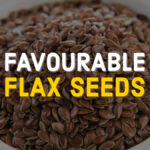













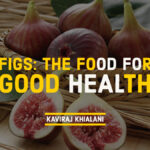
























































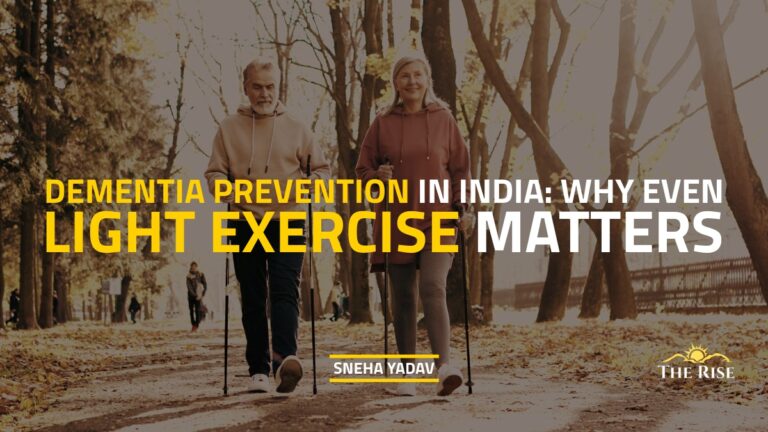
Pingback: FAVOURING FETTUCCINE PASTA - TheRise.co.in